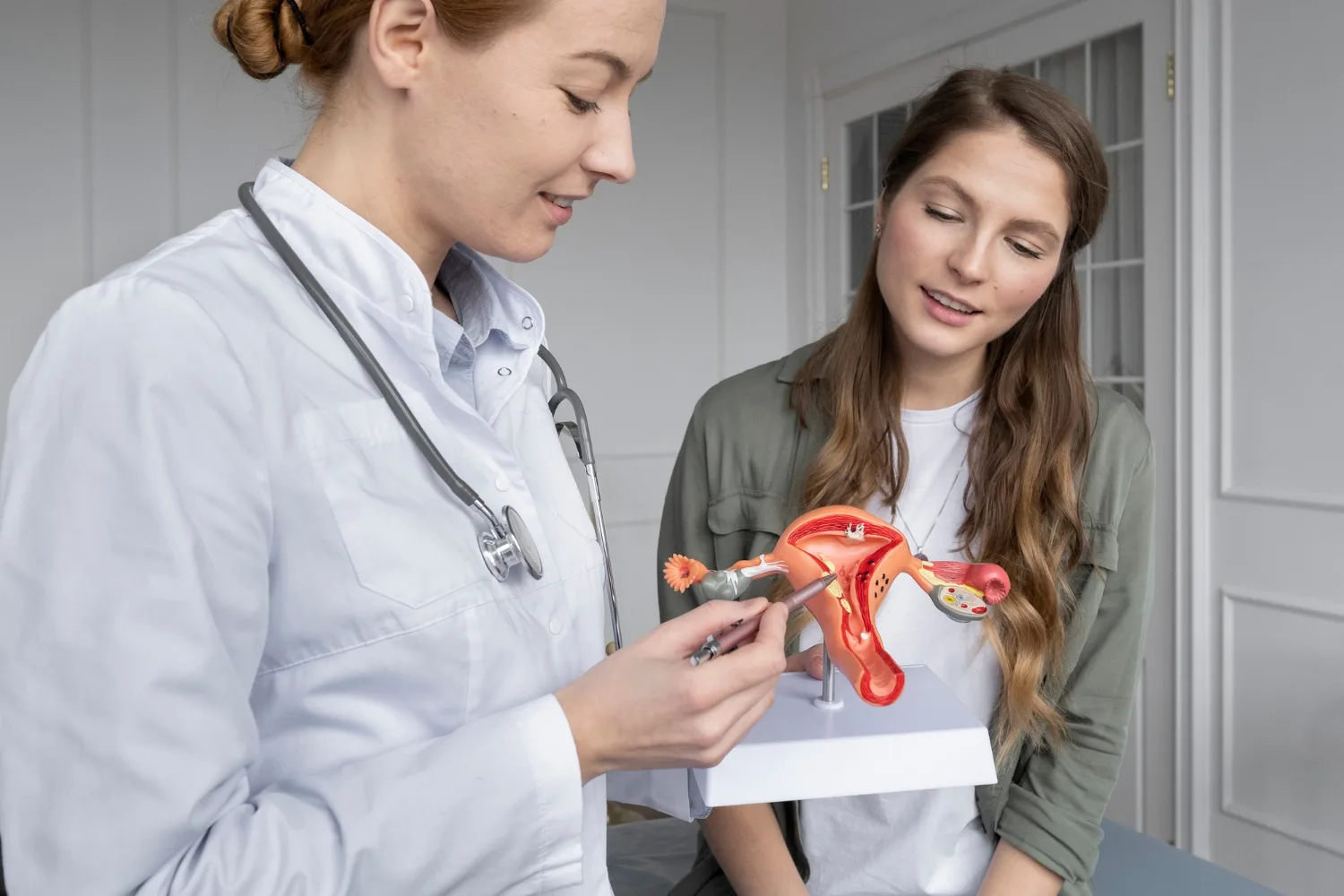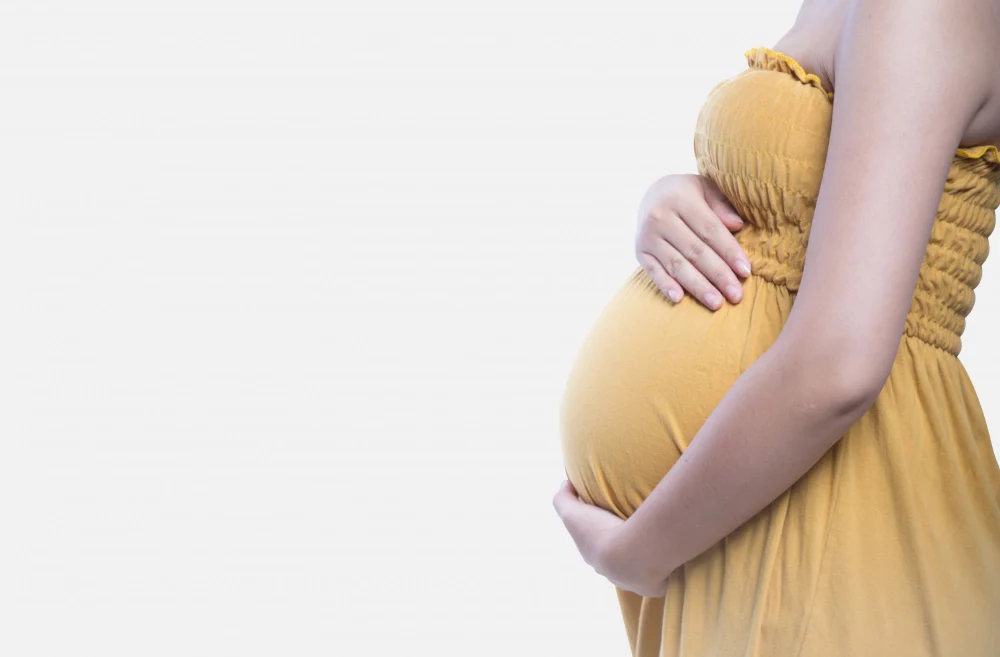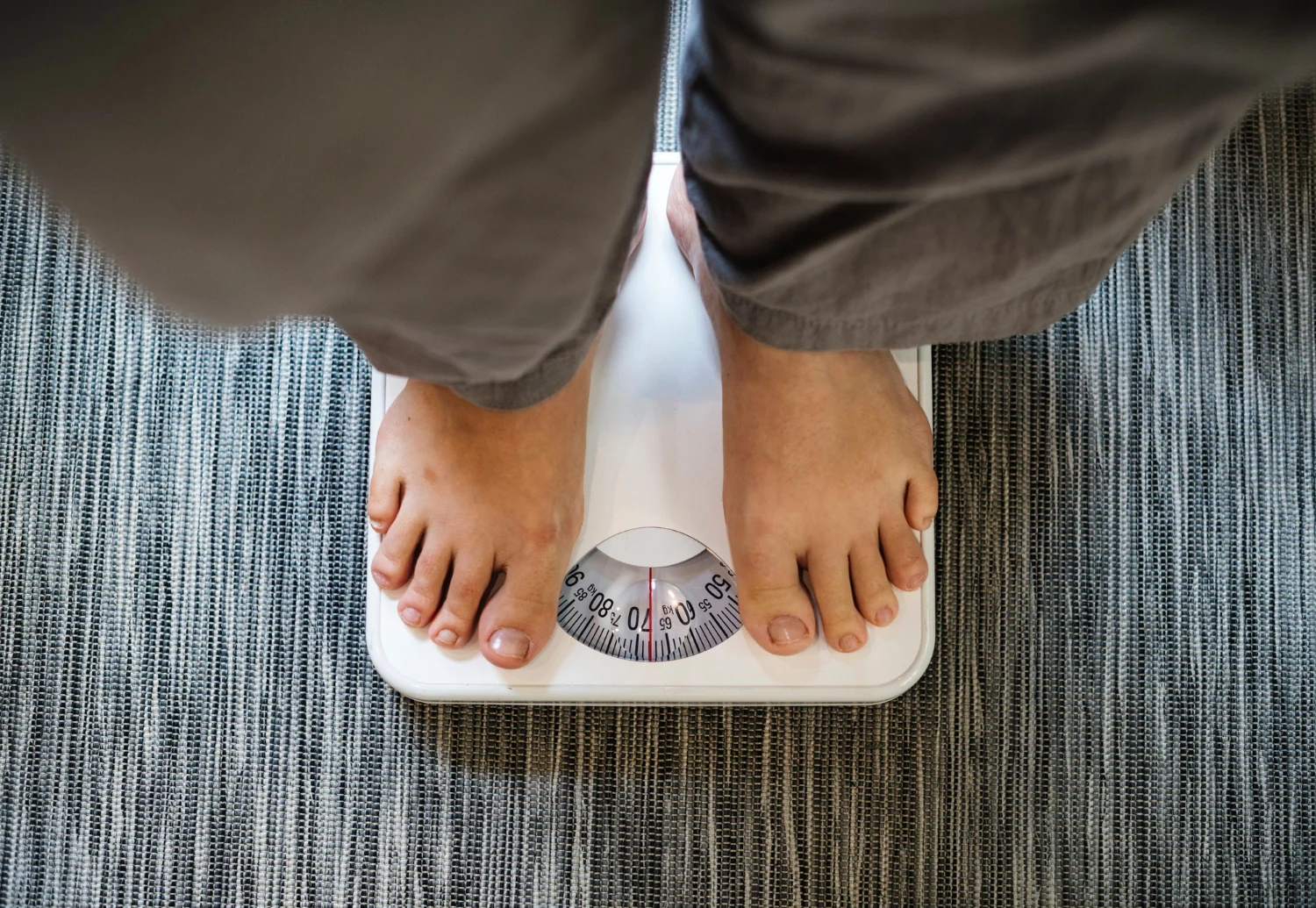What Causes Polycystic Ovary Syndrome (PCOS)?
Category: Gynecology & Women’s Health
Polycystic Ovary Syndrome (PCOS) is a hormonal disorder affecting millions of women worldwide, particularly during their reproductive years. If you’ve been dealing with irregular periods, unwanted facial hair, sudden weight gain, or trouble conceiving, chances are you’ve come across the term PCOS. But what actually causes this common condition?
Despite its prevalence, many women still wonder:
"Why do I have PCOS?",
"What triggers it?",
"Can it be cured?"
In this blog, we will break down the root causes of PCOS, clarify common myths, and provide practical steps for diagnosis and treatment.
At Lokmanya Hospital, one of the best hospitals in Pune for women's hormonal health, we specialize in managing PCOS through a personalized and holistic approach. Our experts combine modern diagnostics, evidence-based treatments, and lifestyle modifications to help women take control of their health.
What Is PCOS?
Polycystic Ovary Syndrome is a condition where a woman’s ovaries produce an abnormal amount of androgens—male sex hormones that are usually present in small amounts. This hormonal imbalance disrupts the regular menstrual cycle and causes cysts (fluid-filled sacs) to form on the ovaries.
PCOS affects 1 in 5 women in India, according to recent studies, and is a leading cause of infertility and metabolic complications in young women.
What Causes Polycystic Ovary Syndrome?
While the exact cause of PCOS is still unclear, experts agree that it results from a combination of genetic, hormonal, and lifestyle factors. Let’s explore each of these in detail:
1. Insulin Resistance
One of the most common causes of PCOS is insulin resistance. Insulin is a hormone produced by the pancreas that helps regulate blood sugar levels. In many women with PCOS, the body's cells become resistant to insulin, prompting the pancreas to produce more of it.
This excess insulin can:
- Increase androgen (male hormone) levels
- Lead to weight gain
- Interfere with ovulation
- Cause irregular periods
Why is this important?
High insulin levels contribute not only to hormonal imbalance but also to symptoms like acne, facial hair, and difficulty in losing weight.
2. Hormonal Imbalance
PCOS is largely a hormonal condition, characterized by:
- Elevated androgens (testosterone)
- Low levels of progesterone
- Disrupted levels of LH (Luteinizing Hormone) and FSH (Follicle Stimulating Hormone)
This imbalance prevents the ovaries from releasing eggs regularly, causing anovulation—the main reason behind irregular periods and infertility in women with PCOS.
3. Genetics and Family History
Does PCOS run in families?
Yes. If your mother, sister, or aunt has PCOS, your chances of developing it are higher.
While PCOS isn’t a hereditary disease in the classical sense, genetic predisposition plays a significant role. It is often passed down through generations and influenced by lifestyle and environment.
4. Inflammation
Women with PCOS often show low-grade chronic inflammation, which stimulates polycystic ovaries to produce more androgens.
This inflammation is also linked to:
- Heart disease
- Insulin resistance
- Weight gain
Chronic inflammation may be a hidden trigger behind many PCOS-related symptoms, including fatigue and skin issues.
5. Sedentary Lifestyle and Diet
Unhealthy lifestyle habits can worsen PCOS symptoms. A diet high in refined sugars, processed foods, and low fiber can spike insulin levels and cause weight gain.
Additionally, lack of physical activity, poor sleep, and stress contribute to hormonal imbalance and inflammation—intensifying PCOS symptoms.
Most Searched Questions About PCOS – Answered
Q: What are the early signs of PCOS?
A: Irregular periods, acne, weight gain, thinning hair, and excess hair growth (on face or body) are often the first indicators.
Q: Can thin women have PCOS?
A: Yes. PCOS affects both overweight and lean women. Even if you're not overweight, hormonal imbalances and insulin resistance can still occur.
Q: Is PCOS curable?
A: PCOS cannot be “cured” permanently, but it can be effectively managed through medication, lifestyle changes, and ongoing care.
Q: When should I see a doctor?
A: If you've had irregular or missed periods for over 3 months, or are experiencing symptoms like unexplained weight gain, acne, or trouble getting pregnant, it's time to consult a gynecologist.
How Is PCOS Diagnosed?
At Lokmanya Hospital, one of the best gynecology hospitals in Pune, diagnosis of PCOS involves:
- Blood tests to check hormone levels and insulin
- Pelvic ultrasound to identify ovarian cysts
- Thyroid and glucose tests to rule out other conditions
Our approach is comprehensive, ensuring we uncover not just PCOS but any underlying hormonal or metabolic issues that may be involved.
How Is PCOS Treated?
PCOS treatment is personalized based on your symptoms, health goals, and fertility preferences. Key options include:
1. Lifestyle Management
- Weight loss through a low-GI diet, regular exercise, and portion control
- Stress management techniques like yoga or meditation
- Better sleep hygiene
Even a 5-10% weight reduction can restore ovulation and improve symptoms.
2. Medical Treatment
- Oral contraceptives to regulate periods and lower androgen levels
- Metformin to improve insulin sensitivity
- Anti-androgen medications for acne and unwanted hair
- Ovulation-inducing drugs if pregnancy is desired
3. Long-Term Monitoring
PCOS is a lifelong condition. At Lokmanya Hospital, we provide long-term care through regular check-ups, lab tests, and nutritional guidance to help women maintain their hormonal balance and prevent complications like diabetes, infertility, and heart disease.
Why Choose Lokmanya Hospital for PCOS Treatment?
At Lokmanya Hospital, we treat PCOS from the inside out. Our expert team includes gynecologists, endocrinologists, nutritionists, and mental health counselors—ensuring complete care under one roof. As one of the best hospitals in Pune for women’s health and hormonal disorders, we go beyond just prescribing pills.
We offer:
- Advanced diagnostic tools
- Evidence-based PCOS treatment
- Diet and lifestyle support
- Ongoing care for fertility and long-term wellness
Our goal is not just symptom control but sustainable recovery and life balance for every woman with PCOS.
Final Thoughts
PCOS may be complex, but it’s manageable—especially with the right guidance, support, and medical care. If you're struggling with irregular periods, hormonal issues, or infertility, you are not alone.
Understanding what causes PCOS is the first step toward managing it effectively. The next step? Taking action.
Choose Lokmanya Hospital, where your health is our priority, and your journey to hormonal balance starts with compassionate care and clinical expertise.
Dr. Mamta Parade
- MBBS, DGO, DNB, FMAS, DMAS
Laparoscopic Surgeon Obstetrics and gynecologist Consultant
Previous blog

What Is The Reason For Irregular Periods?
Next blog




